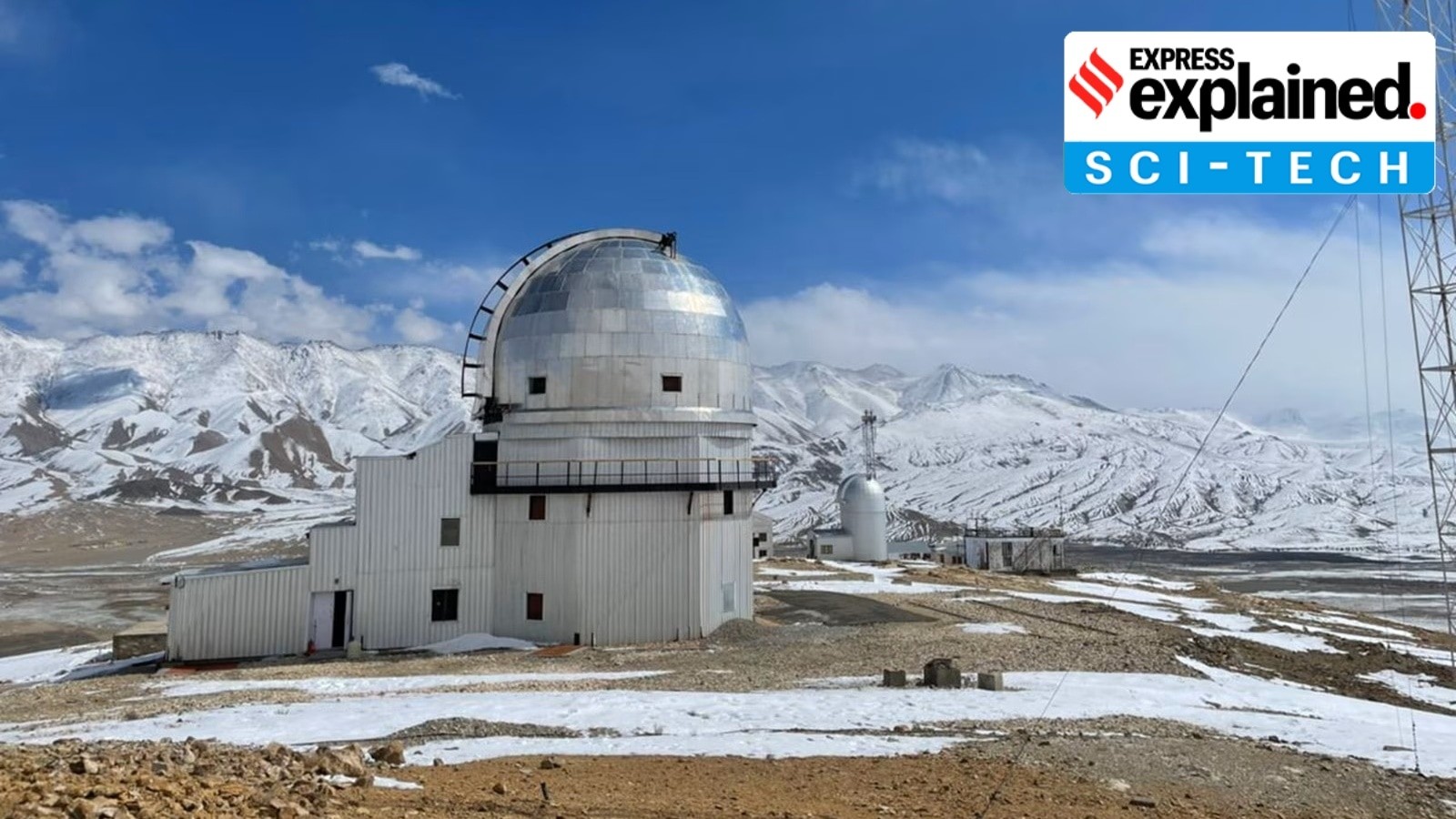





Disclaimer: Copyright infringement is not intended.
Scientists have discovered a Trojan asteroid for Saturn confirming the presence of these celestial bodies with all giant planets in our solar system.
|
About |
They are a type of asteroid discovered by German astrophotographer Max Wolf in 1906. Since Trojan asteroids have unusual orbits astronomers named them after heroes of the Trojan War, with which the Iliad is concerned. |
|
Location |
They occupy a stable Lagrange Point in its orbit around the sun. They are usually found around L4 or L5 points, which makes these asteroids gravitationally stable.
|
|
Orbit |
Their orbit around the sun is the same as the orbit of the planet they are associated with. |
|
Types |
Two groups of Trojan asteroids exist which are: The Greeks: It leads Jupiter in its orbit, and The Trojans: It follows the Greeks from behind. |
|
Significance |
Trojan asteroids remain gravitationally stable for long periods of time. Trojan asteroids are ancient remnants from the early days of the solar system. For these reasons studying them can provide useful understanding about the evolution of the solar system. |
Lagrange pointsAccording to NASA, Lagrange Points are positions in space where objects can “stay put” despite the influence of gravitational forces. The gravitational forces of two larger objects balance with the motion of the smaller object in this position. Five Lagrange Points exist for all celestial objects. These are L1, L2, L3, L4 and L5. L1, L2, and L3 are unstable, and L4 and L5 are stable. AsteroidsAsteroids are rocky, airless remnants left over objects from the early formatory year of our solar system about 4.6 billion years ago. For their rocky nature they are sometimes also called minor planets. Most asteroids orbit the Sun between Mars and Jupiter within the main asteroid belt. Asteroids range in size from Vesta which has size of about 329 miles in diameter to bodies that are less than 33 feet. The total mass of all the asteroids combined is less than that of Earth's Moon. Vesta is the second most massive body in the main asteroid belt and accounts for almost 9% of the total mass of all asteroids. Only dwarf planet Ceres is more massive in the asteroid belt.
|
Sources:
|
PRACTICE QUESTION Q.Consider the following statements about the Trojan asteroids:
Which of the above statements are correct? A)1 and 2 only B)2 and 3 only C)1, 2 and 3 only D)None Ans: A Explanation: Statement 1 is correct: They are a type of asteroid discovered by German astrophotographer Max Wolf in 1906. Since Trojan asteroids have unusual orbits astronomers named them after heroes of the Trojan War, with which the Iliad is concerned. Their orbit around the sun is the same as the orbit of the planet they are associated with. Statement 2 is correct: They occupy a stable Lagrange Point in its orbit around the sun. They are usually found around L4 or L5 points, which makes these asteroids gravitationally stable. Statement 3 is incorrect: Trojan asteroids remain gravitationally stable for long periods of time. Trojan asteroids are ancient remnants from the early days of the solar system. For these reasons studying them can provide useful understanding about the evolution of the solar system. |






© 2026 iasgyan. All right reserved